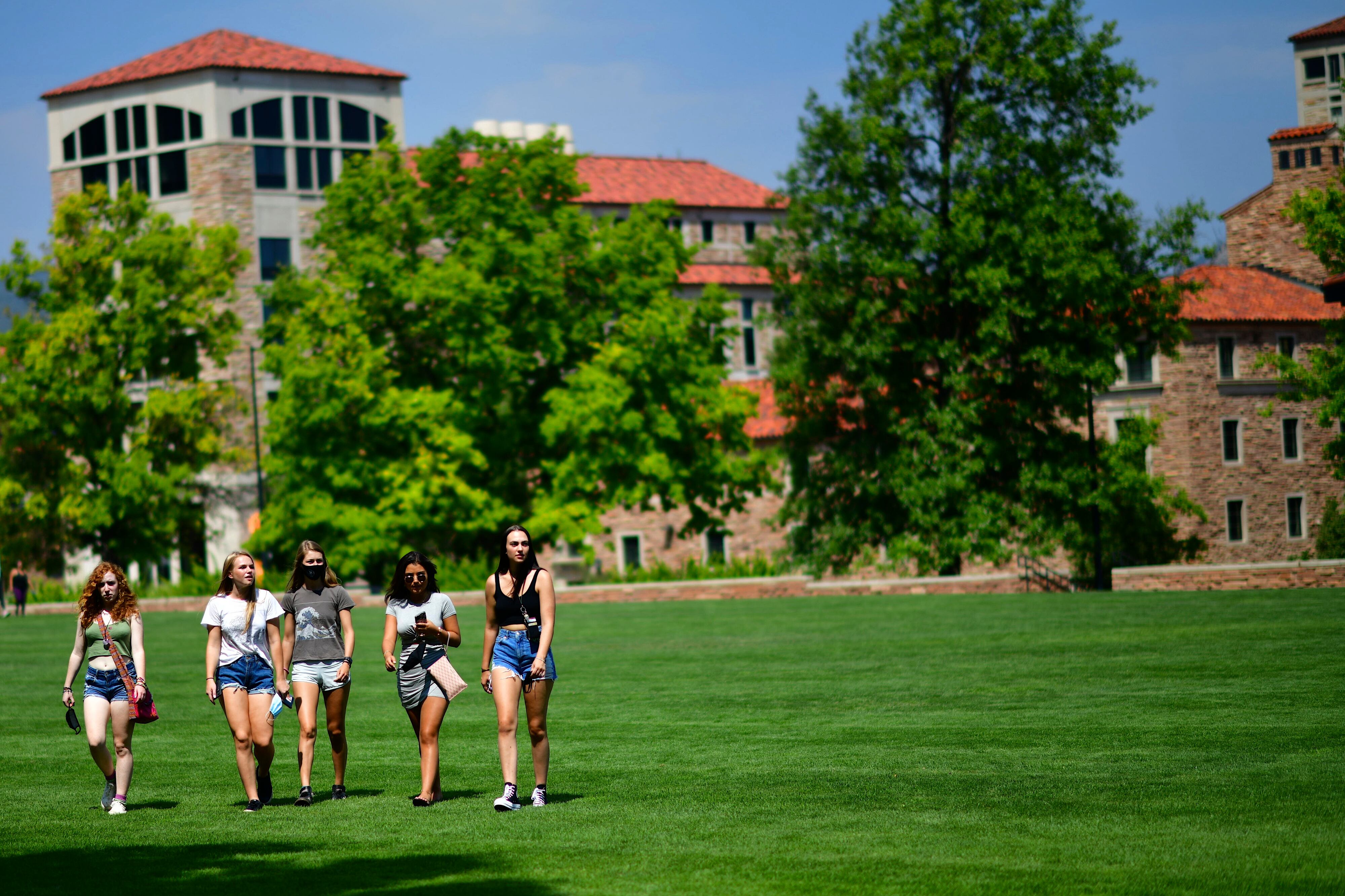The COVID-19 pandemic exposed harsh realities for Colorado colleges and their students.
Fewer students enrolled last year, especially those from low-income areas and communities of color. More students struggled to get federal financial aid. And in the face of enrollment declines, colleges struggled with financial challenges, especially those serving a diverse student population.
During the 2021-22 school year, Chalkbeat will continue to chronicle the story of higher education in Colorado — but we need your help.
We want to hear about the struggles you’ve seen or experienced. What pandemic-related issues impacting colleges and students need to be brought to light? What stories are we missing?
Let us know in the form below (or you can click here if you are on mobile).





